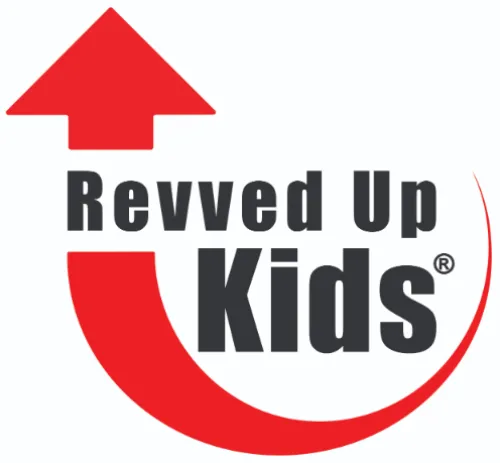Hugging, kissing, tickling…when is it okay and when is it not okay? It's tragic that any of this should be on a parent's radar, but it's an unfortunate reality. Sexual predators are masters at gradually and systematically breaking down a child's personal boundaries. Much of this will start with touch. A hug, a pat on the bottom, a tickle, all very innocent, except when they are precursors to sexual abuse.
When a child says "I don't want to hug Grandma, she squeezes me too tight," the parent's natural response is "get over it, you need to hug your Grandma she loves you." What the child hears is "you don't decide who touches you," and that is exactly what predators are counting on, children who feel they don't have permission to say no to unwanted touch.
Physical connection is so important for a child's healthy development, and that's what creates this difficult paradox for parents! We want children to enjoy cuddles, kisses and hugs but we don't want them to feel obligated to endure them when they're uncomfortable. Your best approach? Teach your children from an early age that their body is theirs and no one is allowed to touch them unless they give permission. Teach them about keeping safe space (4 feet radius around them) as a buffer to avoid unwanted physical contact and let them know it's all right for them to run if someone is trying to touch them and they don't want to be touched. This is a difficult concept for children, they are conditioned to respect and obey adult authority, and that includes accepting unwanted touch if an adult forces it.
Your permission is imperative in helping your children set strong personal boundaries; they need to hear from you that it's okay to say no to unwanted touch. Role playing can be very helpful, give your child the words and the body language to say no firmly. Help your child come up with an alternative greeting; for example, if they don't like hugging or kissing someone, could they have a special handshake or could they give a high five or a fist bump?
Adults also need to collectively work on the concept of respecting children's personal boundaries. Two real life examples shared by our clients are good examples of personal boundary setting. In one situation, a school custodian was fond of giving "tickle hugs" to some of the young children at the school, and in a second, a teacher greeted her students with hugs. In both cases, the children had been conditioned to respect the authority of these individuals and they didn't think they could say no. In one, the child did say no and the adult disregarded the no and still hugged the child. Perfectly innocent adults do this all the time without recognizing the larger implications of the behavior. The best approach adults can take is to allow the child to initiate (and terminate) any physical touch. It's absolutely okay to hug a child BACK if they hug you first!
Many people express affection and greeting with hugs and kisses; this is not a bad thing. Children need to feel love and affection from the adults in their lives, but they need to receive it on their terms, not the adults' terms. It's important that adults realize this and look at their actions and habits regarding physical contact with children. Ask permission before giving a hug or a kiss to a child and, if the child says no, accept the no without question; making the child feel guilty for not wanting physical contact is another cornerstone of the boundary-breaking methods that predators use on their victims.
Bottom line, it's our hope that your child never encounters a predator, but if they do, we want them to be equipped to say no to any unwanted touch.
Revved Up Kids has trained tens of thousands of children to recognize dangerous people, avoid unsafe situations, and escape attackers. Our training programs are available for boys and girls in K-12th grade, for parents, and for youth serving organizations. Contact us to discuss protecting the children you love from predators and violence, 678.526.3335.

